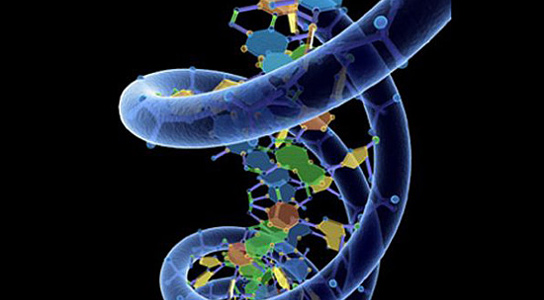
3D model of DNA.
Emailing biological molecules, using 3D biological printers, might seem like science fiction, but Craig Venter discussed the idea at the Wired Health Conference in New York.
Biological printers could be used to plausibly shuttle vaccines around the globe, but their use could be problematic as vaccines could easily be used as bio-weapons.

Credit: Joe Raedle/Getty
If it’s possible to email troops the 3D instructions for printing a replacement gun part, then it should be possible to email macromolecules, as long as the printer can deposit an array of nucleotides, sugars, and amino acids where they belong, then link the whole molecule up chemically.
Modern vaccines are made up partially of key molecules. DNA vaccines, which work well in experiments but haven’t been commercialized due to safety concerns, could be synthesized.
Venter’s bio-printer could theoretically distribute macromolecular vaccines quickly. However, these instructions could be used in bio-terrorism, especially if these emails are as vulnerable to hackers as current emails. The instructions could be intercepted, modified, and sent on their way, infecting tens of thousands before anyone noticed that something was wrong since the printing and distribution of vaccines would be so quick.

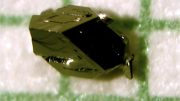
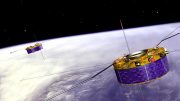
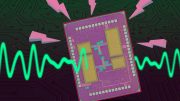


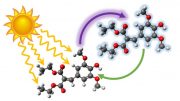


Be the first to comment on "Molecular Bio-Printing of Drugs Could Result in Emailed Vaccines"